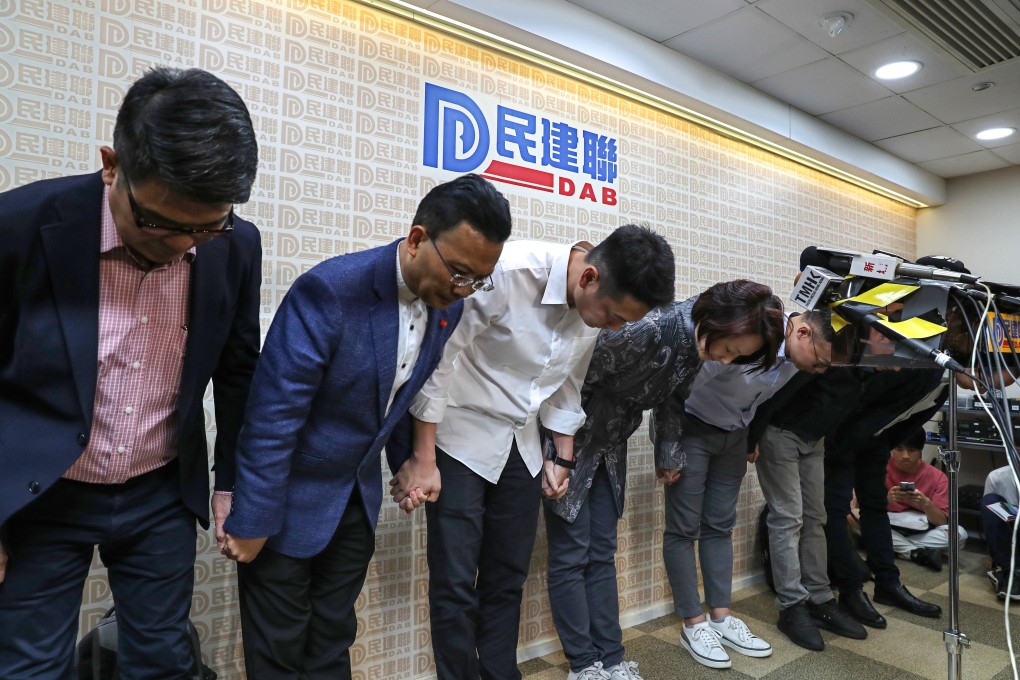Hong Kong elections: pro-Beijing collapse shows identity politics more important than community issues for district council success, analysts say
- Emphatic rejection of pro-establishment candidates in swathes of Hong Kong also pours cold water on idea that silent majority supports them on radical protests, experts say

The collapse of the pro-Beijing vote revealed identity politics had overtaken community issues as a deciding factor in winning district council seats, analysts said on Monday, as they cast doubt on the existence of a so-called silent majority in support of the establishment.
The anti-government anger boiling up over nearly six months of protests made its mark in polling stations across Hong Kong on Sunday, when voters turned out in their droves to back the pan-democrats over their pro-establishment rivals.
By noon on Monday, the pro-democracy camp seized 17 out of 18 district councils, taking more than 340 of the 452 seats. All councils were previously under pro-establishment control after its candidates dominated the 2015 elections.
Islands district – which has 10 elected seats and eight given automatically to pro-establishment rural chiefs – was the only one held by the pro-Beijing camp.
In the past, Hong Kong voters generally elected their Legislative Council representatives based on their views on the city’s relationship with Beijing, while district council candidates were typically assessed on what they offered to the local community, such as the provision of leisure and welfare services.